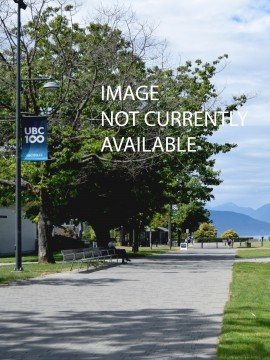Ian Hill
Education
PhD, University of Illinois, Urbana-Champaign
About
I am an Associate Professor in the History and Theory of Rhetoric, and I am also affiliated with UBC’s Graduate Program in Science and Technology Studies. My research focuses on rhetoric and technology – the ways people advocate, resist, design, and otherwise argue and debate machines and systems, as well as how technologies themselves are persuasive. I am currently working on a book project that examines weapons rhetoric in the period between the French Revolution and the Unabomber’s mail bombing campaign. My published scholarship examines the rhetoric of the “masses” in 19th century political economy (Advances in the History of Rhetoric), sonic torture (Western Journal of Communication, 2012) and the role of technology in the work of Kenneth Burke (Kenneth Burke Journal, 2009 and in Burke in the Archives, University of South Carolina Press, 2013).
Teaching
Publications
“Publishing a Student-Written Argumentative Dictionary as an eBook,” Communication Teacher 29.3 (2015): 151-158.
“The Rhetorical Transformation of the Masses from Malthus’s ‘Redundant Population’ into Marx’s ‘Industrial Reserve Army.’” Advances in the History of Rhetoric 17.1 (2014): 88-97.
with Ned O’Gorman. “Burke, Mumford, and the Poetics of Technology: Marxism’s Influence on Burke’s Critique of Techno-logology,” in Burke in the Archives: Using the Past to Transform the Future of Burkean Studies. Edited by Dana Anderson and Jessica Enoch. University of South Carolina Press, 2013. 50-65.
“Not Quite Bleeding from the Ears: Amplifying Sonic Torture.” Western Journal of Communication 76.3 (2012): 217-235.
“‘The Human Barnyard’ and Kenneth Burke’s Philosophy of Technology.” Kenneth Burke Journal 5.2 (Spring, 2009): 26 pp. <http://www.kbjournal.org/ian_hill>
Additional Description
http://ianejhillrhetoric.wordpress.comBuTo 524Students in my undergraduate courses read important documents related to current events as well as landmark texts in the history of rhetoric to learn how persuasion and argumentation function in everyday communication.
My graduate courses focus on using artifact criticism to understand the interactivity of rhetoric and technology.
